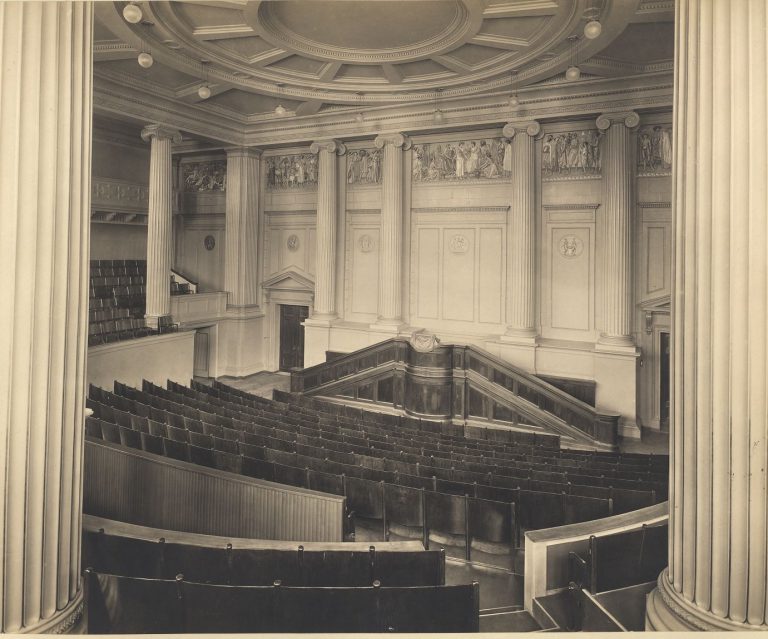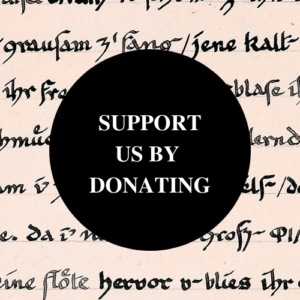Edited by Ernst Falzeder and Martin Liebscher
Translated by Ernst Falzeder, Mark Kyburz, Martin Liebscher, John Peck, Caitlin Stephens and Christopher Wagner

Between 1933 and 1941, C. G. Jung lectured at the Swiss Federal Institute for Technology (ETH). He was appointed a professor there in 1935. This represented a resumption of his university career after a long hiatus, as he had resigned his post as a lecturer in the medical faculty at the University of Zürich in 1914. In the intervening period, Jung’s teaching activity had principally consisted in series of seminars at the Psychological Club in Zürich, which were restricted to a membership consisting of his own students. The lectures at the ETH were open, and the audience for the lectures was made up of students at the ETH, the general public and Jung’s followers.
In 1930, Jung stopped working on his Red Book and turned to the comparative study of the individuation process, starting with esoteric Eastern systems, such as Kundalini Yoga. In a critical sense, he now attempted to present the insights first formulated in The Red Book in the form of what can be called allegorical interpretation. The publication of The Red Book, and its public acclaim, now presents the ideal timing to look at what Jung turned to next, and enable it to be understood in a new light. The key locus for this is the ETH lectures, as these lectures are at the centre of Jung’s intellectual activity in the 1930s, and furthermore, provide the basis of his work in the 1940s and 1950s. Thus these lectures form a critical part of Jung’s oeuvre, and one which has yet to be accorded the attention and study which it deserves. They constitute the ‘missing link’ between his work on The Red Book and his next major monograph of 1944, Psychology and Alchemy.
These lectures are Jung\’s most important series of lectures and the primary source for the understanding of his late work. The topics of the lectures include a seminal study of the history of psychology, an account of the theory and practice of complex psychology with particular reference to the theory of complexes, dream analysis, psychological types, and the psychology of the unconscious, Jung’s most extended case study, studies of the spiritual exercises of Ignatius of Loyola, the Yoga sutras of Patanjali, and the symbolism of Buddhist meditational practices and medieval alchemy. In studying these traditions, Jung presented a comparative study of the individuation process in various cultures, in an attempt to construct a psychology which would have cross-cultural validity. In considering the history of psychology and the status of modern psychology, Jung included the psychological component of Western philosophy, religion, hermeticism and Eastern thought.
The subjects that Jung addressed in the ETH lectures are more significant to present day scholars, psychologists, psychotherapists and the general public than they were when they were first delivered. The passing years have seen a mushrooming of interest in Eastern thought, Western hermeticism and mystical traditions, the rise of the psychological types industry and the dream work movement, and the emergence of a discipline of the history of psychology. Thus it is ensured that there will be a great deal of interest in the long overdue publication of these lectures.
The lectures will be published in eight volumes. The whole series has been accepted for publication by Princeton University Press:
Volume 1. The History of Modern Psychology – available
Winter semester 1933/34
Volume 2. The Psychology of Consciousness – available
Summer semester 1934
Volume 3. Dream Psychology
Winter semester 1934/35 and Summer semester 1935
Volume 4. Psychological Typology
Winter semester 1935/36 and Summer semester 1936
Volume 5. Psychology of the Unconscious
Sommer semester 1937 and Summer semester 1938
Volume 6. The Psychology of Yoga and Meditation – available
Winter semester 1938/39 and Summer semester 1939
Volume 7. Spiritual Excercises of Ignatius of Loyola – available
Winter semester 1939/40
Volume 8. The Psychology of Alchemy
Winter semester 1940/41 and summer semester 1941


